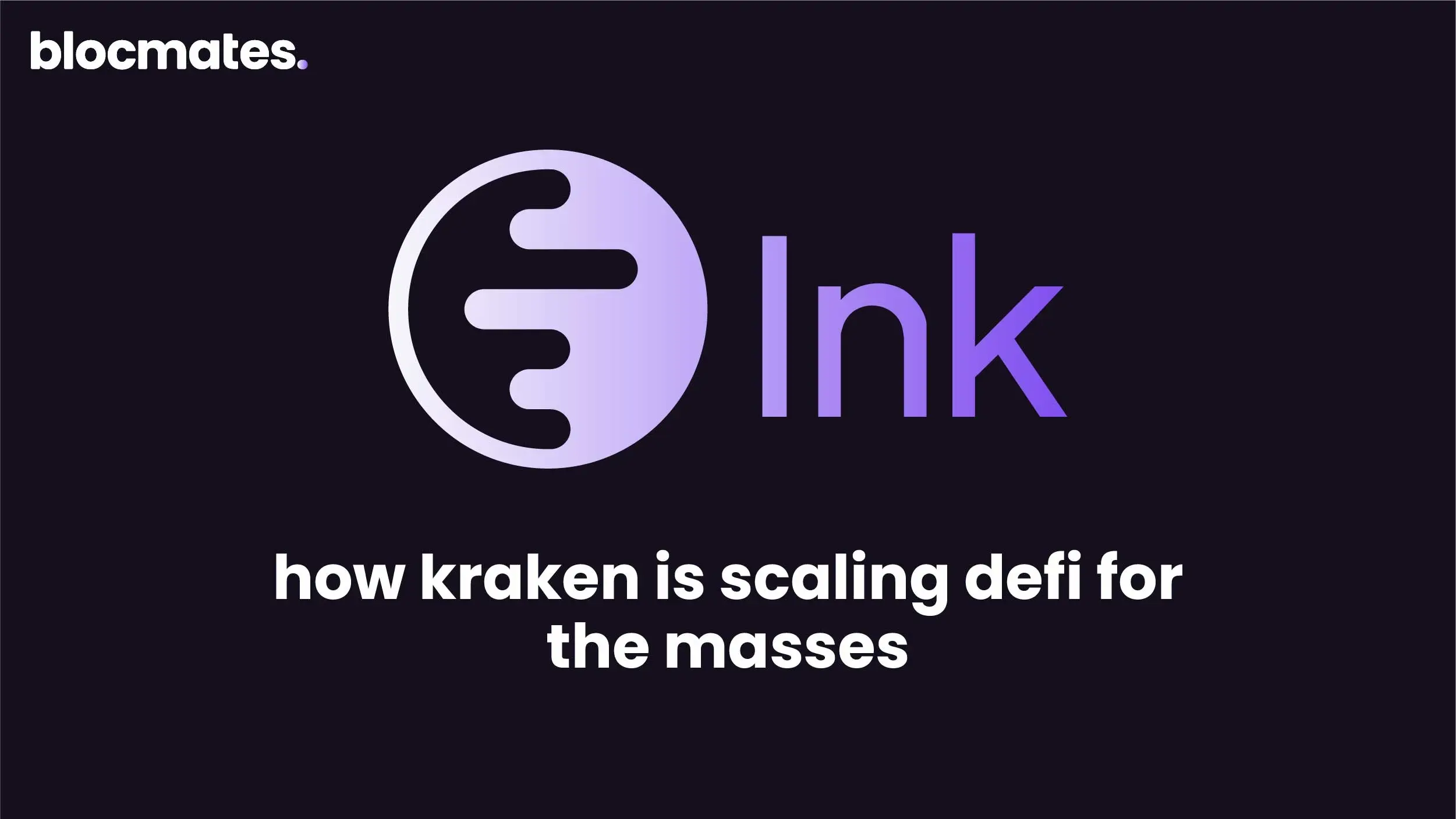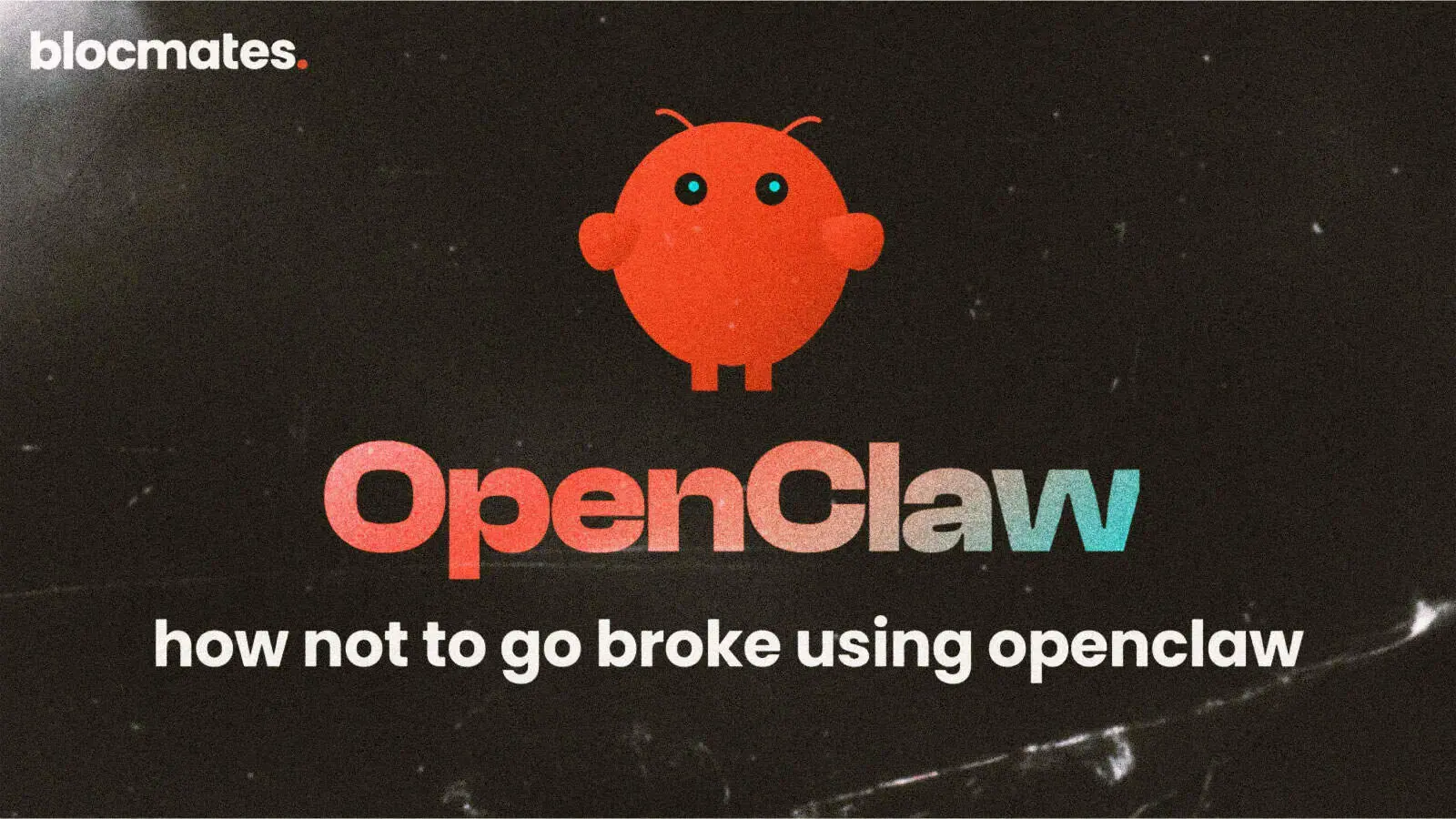The tug-of-war between Wall Street and crypto has so far taken another turn as U.S. banking groups raised concerns about the country’s new stablecoin rules.
Their main worry: a potential loophole in the recently passed GENIUS Act could allow crypto exchanges to give stablecoin holders interest-like rewards, something banks themselves would be barred from doing.
Banks warn of trillions at risk
Stablecoins, digital tokens pegged to the U.S. dollar and other assets, now represent a $288 billion market. Under the GENIUS Act, banks can issue their own stablecoins but are explicitly prohibited from paying yield or interest to customers.
Crypto exchanges, however, could still offer rewards tied to third-party stablecoins such as USDC or USDT. That distinction has prompted pushback from banking lobbies including the American Bankers Association, the Bank Policy Institute, and the Consumer Bankers Association.
They argue the rule creates an uneven playing field and could cause customers to move funds out of banks and into crypto platforms to earn yield. A U.S. Treasury study in April estimated that as much as $6.6 trillion in deposits could leave the banking system if stablecoins were allowed to pay returns.
In a joint statement, the groups warned of “greater deposit flight risk, especially in times of stress,” adding that this could ultimately restrict credit availability and push borrowing costs higher for households and businesses.
Citi’s Ronit Ghose compared the potential shift to the rise of money market funds in the 1980s, when higher yields pulled capital away from traditional checking accounts.
Crypto industry pushes back
Crypto trade associations see things differently. The Crypto Council for Innovation and the Blockchain Association called the banks’ position anti-competitive, warning that changes to the GENIUS Act would “tilt the playing field in favor of legacy institutions” and reduce consumer choice.
Coinbase’s chief legal officer Paul Grewal was even more direct, writing on X that banks were trying to “avoid competition” after lawmakers and the White House had already rejected similar arguments.


































.webp)

.webp)
.webp)

%20(1).webp)



























































%202.webp)


.webp)

.webp)
.webp)
.webp)


.webp)
.webp)

.webp)
.webp)
.webp)


.webp)
.webp)










.webp)


.webp)









.webp)







.webp)




.webp)


























.webp)







.webp)















.webp)

.webp)
.webp)

.webp)














.webp)

.webp)


.webp)








.webp)




